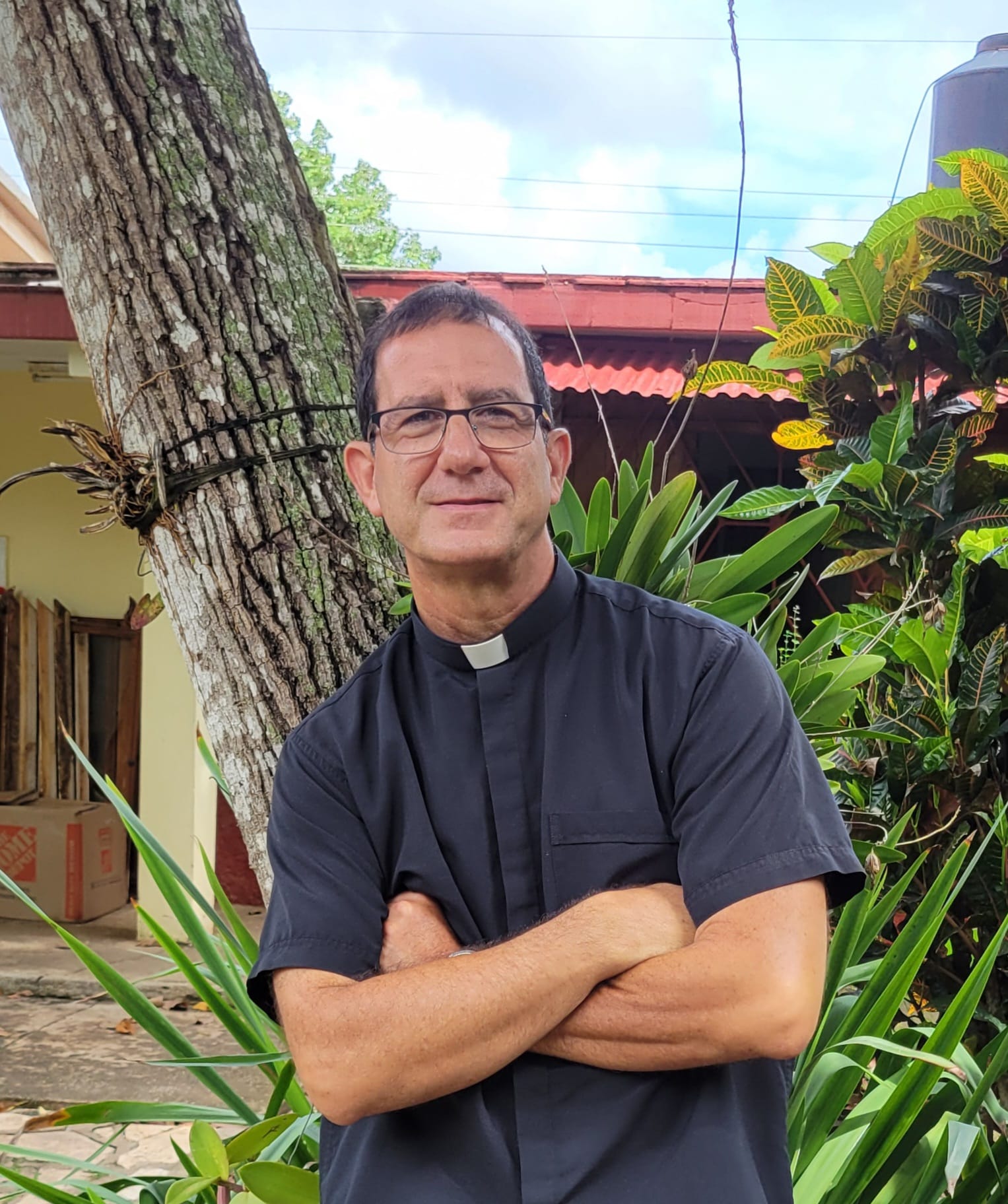
He estado pensando en la incapacidad de leer los signos de los tiempos
Se ha vuelto a repetir un ciclo: situación desesperante – pueblo harto que se lanza a la calle – detenciones y llamado a confiar en “la tremenda Revolución que tenemos”.
Y frente a este ciclo, las preguntas que todo el mundo se hace: ¿Hasta cuándo?, ¿hasta cuándo va a ser ignorada la voz de este pueblo, que ha agotado ya todos los modos posibles de decir que no quiere una continuidad, que no quiere vivir bajo la bandera del 26 de julio?, ¿qué más necesita este sistema para darse cuenta de que estos no son hechos aislados sino la expresión -una vez más- de la desesperación y el deseo de cambio de todo un pueblo?
¿Es que no ven?, ¿son en realidad tan incapaces de entender que los cubanos nos hemos cansado de arrastrar una existencia miserable?, ¿piensan acaso que la gente se cree sus discursos vacíos y falsos?, ¿creen que la gente no se da cuenta de que estamos así porque los que se han aferrado al poder sólo piensan en ellos mismos y no les importa en lo más mínimo el sufrimiento del pueblo?
- Hits: 74
 El Consejo para la Transición Democrática en Cuba (CTDC) alerta sobre la grave situación de su presidente y coordinador general de la Unión Patriótica de Cuba (UNPACU), José Daniel Ferrer García, quien el pasado 29 de abril fue devuelto a la cárcel de Mar Verde. Desde entonces permanece detenido sin una aclaración de su situación penal, pese a la petición presentada por su esposa, la Dra. Nelva Ismarays Ortega, ante los Tribunales de Justicia Superior de Santiago de Cuba.
El Consejo para la Transición Democrática en Cuba (CTDC) alerta sobre la grave situación de su presidente y coordinador general de la Unión Patriótica de Cuba (UNPACU), José Daniel Ferrer García, quien el pasado 29 de abril fue devuelto a la cárcel de Mar Verde. Desde entonces permanece detenido sin una aclaración de su situación penal, pese a la petición presentada por su esposa, la Dra. Nelva Ismarays Ortega, ante los Tribunales de Justicia Superior de Santiago de Cuba.

 Las páginas más oscuras de la historia de la revolución cubana fueron arrancadas de los textos escolares, pero el tiempo se está encargando de desvelar las verdades más escondidas. Una de ellas es lo ocurrido en dos días de pólvora y silencios: el 30 y 31 de agosto de 1962, cuando se desató un baño de sangre contra los integrantes del grupo de militares y civiles organizados bajo el Frente Anticomunista de Liberación (FAL), que intentó lo inimaginable entonces: derribar al régimen de Fidel Castro desde dentro de los cuarteles. La operación fracasó antes de comenzar y el horror que siguió aún resuena en informes diplomáticos secretos, en las memorias de los sobrevivientes y en la piel de las familias que nunca pudieron despedir a sus muertos.
Las páginas más oscuras de la historia de la revolución cubana fueron arrancadas de los textos escolares, pero el tiempo se está encargando de desvelar las verdades más escondidas. Una de ellas es lo ocurrido en dos días de pólvora y silencios: el 30 y 31 de agosto de 1962, cuando se desató un baño de sangre contra los integrantes del grupo de militares y civiles organizados bajo el Frente Anticomunista de Liberación (FAL), que intentó lo inimaginable entonces: derribar al régimen de Fidel Castro desde dentro de los cuarteles. La operación fracasó antes de comenzar y el horror que siguió aún resuena en informes diplomáticos secretos, en las memorias de los sobrevivientes y en la piel de las familias que nunca pudieron despedir a sus muertos.